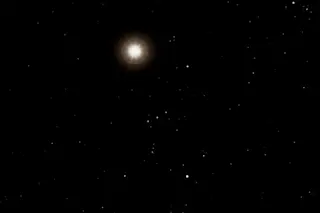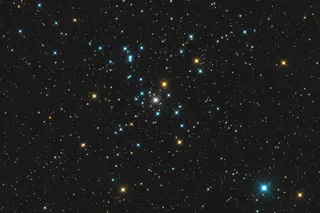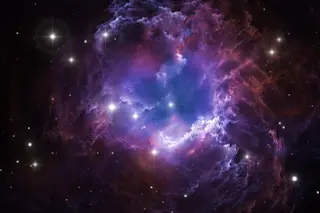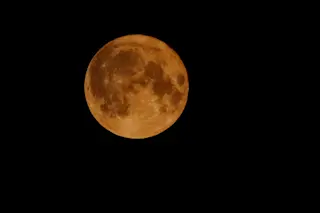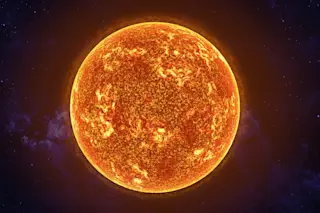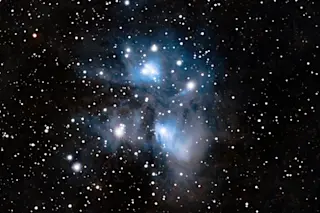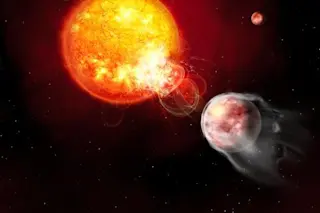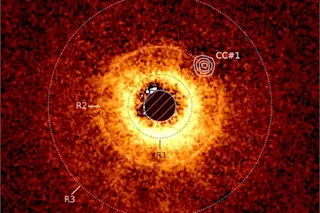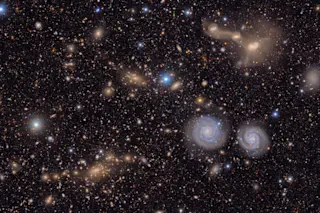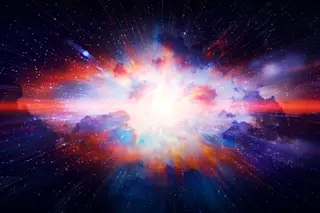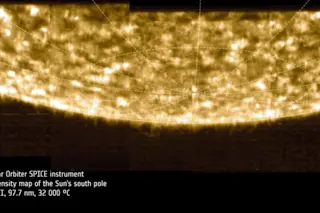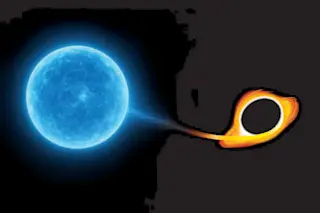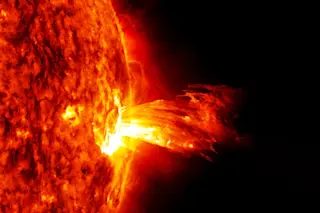I'm a longtime fan of cosmic disaster scenarios. Not because I'm particularly gloomy (according to my friends and family, I'm actually more of a goof), but because they are fabulous ways to illustrate the workings of the universe. They are also great for making you appreciate the delicate set of contingencies that allow us to exist right now, right here on Earth. I wrote one of the first Armageddon-science articles, entitled "20 Ways the World Could End," which was published for the 20th anniversary of this magazine, and followed it with a sequel a decade later.
Some potential cosmic catastrophes are modest enough that we could potentially avert them — an asteroid on an Earth-collision path being a prime example. Some of the scenarios are so unlikely that they are hardly worth considering — for instance, a stellar-mass black hole barreling straight toward our solar system. But there's one disaster ...


